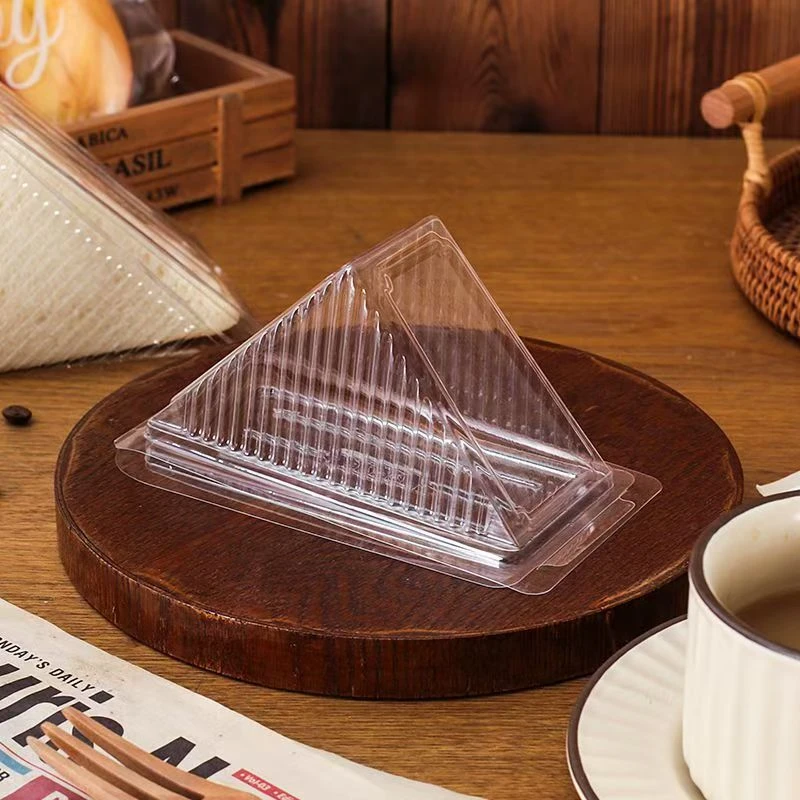The Rise of Wooden Cutlery A Sustainable Choice for Modern Living
In recent years, environmental sustainability has become a pivotal focus in consumer choices, and wooden cutlery is emerging as a popular alternative to plastic utensils. As society continues to grapple with the consequences of plastic pollution, the transition to eco-friendly options has never been more relevant. Wooden cutlery offers a sustainable and aesthetically pleasing alternative that aligns with the growing demand for environmentally responsible products.
The Environmental Impact of Disposable Plastics
Every year, millions of tons of plastic waste end up in landfills and oceans, posing a severe threat to wildlife and ecosystems. Single-use plastics, including cutlery, comprise a significant portion of this waste. Traditional plastic utensils are convenient yet detrimental to the environment, as they can take hundreds of years to decompose. In contrast, wooden cutlery is biodegradable and compostable, breaking down naturally without leaving harmful residues. This essential characteristic makes wooden utensils an appealing alternative for environmentally conscious consumers.
Advantages of Wooden Cutlery
One of the most significant advantages of wooden cutlery is its sustainability. Typically made from renewable resources such as birch or bamboo, wooden utensils can be produced with minimal environmental impact. Many manufacturers source their wood from forests that practice sustainable harvesting, ensuring that the natural ecosystem remains healthy and balanced.
Furthermore, wooden cutlery is lightweight yet sturdy, making it suitable for various dining experiences, from casual picnics to formal events. Its natural texture and warmth appeal to many, providing not just functionality but also an aesthetic charm that plastic can rarely replicate. Wooden spoons and forks can add a rustic touch to any table setting, enhancing the overall dining experience.
Moreover, wooden cutlery does not leach harmful chemicals like some plastic utensils can do when exposed to heat. This safety aspect makes wooden tools an excellent option for those who prioritize health, especially when serving hot foods. Natural wood is generally free from the toxins associated with plastic, offering a cleaner, safer alternative for food consumption.
wooden cutlery

Trends in Culinary Habits and Wooden Cutlery
The shift towards vegetarian and vegan diets has also played a role in the rising popularity of wooden cutlery. As more individuals embrace plant-based lifestyles, they seek utensils that resonate with their values. Wooden cutlery, often perceived as more natural and aligned with nature, complements the ethos of vegetarianism and veganism. As a result, many restaurants and cafes are adopting wooden utensils as part of their branding, appealing to a clientele that values sustainable practices.
In the context of outdoor dining and events, wooden cutlery provides a convenient and elegant solution for gatherings such as weddings, parties, and picnics. Its disposable nature makes cleanup effortless, while its biodegradable qualities alleviate concerns about environmental impact. Many event organizers are opting for wooden utensils not only for their practicality but also as a statement about their commitment to sustainability.
Challenges and Considerations
Despite the numerous benefits, there are challenges associated with wooden cutlery. The initial cost may be higher compared to plastic options, which can deter some consumers. Furthermore, wooden cutlery may not be as readily available in all markets, leading to accessibility issues for certain demographics. However, as demand continues to increase, production methods are becoming more efficient, and prices are expected to decrease over time.
Conclusion
As society becomes more aware of the environmental consequences of consumer choices, the demand for sustainable products like wooden cutlery is likely to grow. By choosing wooden utensils, individuals can contribute to reducing plastic waste while enjoying a beautiful and functional dining experience. Embracing wooden cutlery is not just a trend; it's a step towards a more sustainable future. By prioritizing eco-friendly alternatives, we can help protect our planet for generations to come, one spoon and fork at a time.



